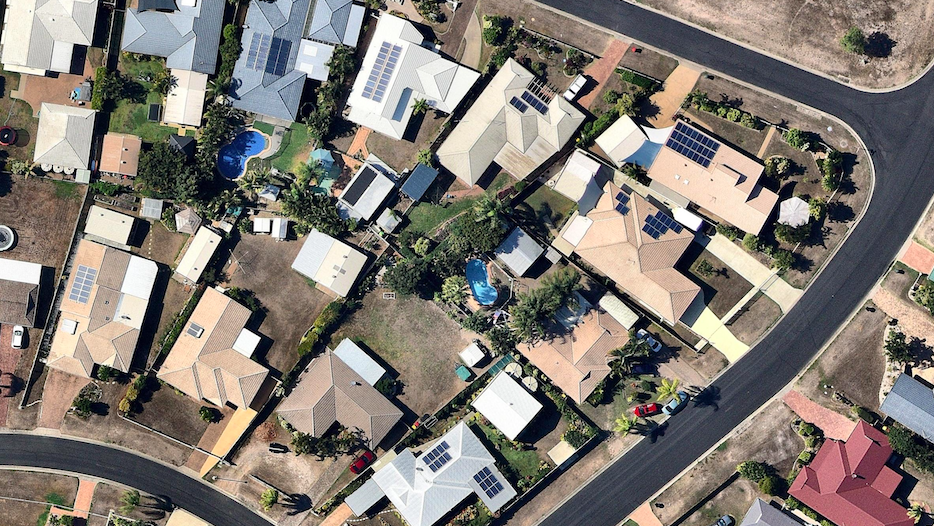The improper certificate creation stemmed from 379 rooftop PV systems installed in New South Wales, Victoria, Western Australia and South Australia between June 28, 2017 and Feb. 3, 2020.
It is believed these 379 solar PV system installations were not carried out or supervised by CEC-accredited installers, and therefore the 49,400 small-scale technology certificates (STCs) allocated to them were deemed improper. One Stop’s compliance procedures did not identify the non-compliant installations at the time, with the breach discovered by the Clean Energy Regulator in 2020.
One Stop Warehouse Finance’s director, Hongwei Zhang, has since signed an Enforceable Undertaking with the regulator, legally binding the company to carry out a compliance program for two years at its own expense – including the reinspection and ratification the 379 system sites. It has also agreed surrender of the certificates for sites that cannot be inspected.
The regulator reports that the false information was discovered after employing new data sharing methods. “The agency has recently utilised data analytics and information sharing arrangements with other government agencies, which established that a number of installers had provided false information to registered agents, including One Stop Warehouse,” a spokesperson for the Clean Energy Regular told pv magazine Australia.
Spread of installations in question
Approximately half of the rooftop arrays linked to the compliance action occurred were installed in New South Wales and mostly carried out in 2019. That year, the state saw about 170 non-compliant rooftop systems installed, which lead to the generation of over 20,000 improper certificates. NSW’s string of wrongly signed-off installations continued into 2020, in which another 4,343 STCs were created from 28 installations.
Victoria and Queensland were the only other two states with installations and certificates based on false information uncovered in 2020 – with only had four and three non-compliant installations respectively.
In 2017, however, when the issue started occurring, Victoria had 29 installations linked to false information, Western Australia recorded two and Queensland one. There were none found in NSW that year.
In total from 2017 to 2020, Victoria was linked to around 73 non-compliant installations, resulting in the creation of over 11,500 improper certificates. Queensland saw about 55 installations and around 7,500 improper STCs. Western Australia had 28 non-compliant installations while South Australia had 10, with the majority taking place in 2018 for both states, resulting in 3,413 and 1,150 improper certificates respectively.
NSW was far-and-away the state in which the improper installs occurred, with over 200 installations generating more than 25,700 STCs based on improper information.
The Enforceable Undertaking
Signed on August 26, 2020, the Enforceable Undertaking between One Stop Warehouse Finance and CER outlines that One Stop “inadvertently” improperly created certificates after being provided false information by third party installers and retailers.
“One Stop was unaware that the information provided to it by a third party was false, and its compliance procedures did not identify, at the time the certificates were created, that the information provided to it contained false installer declarations,” the document reads.
To remediate that failure, One Stop has agreed to a comprehensive compliance program to be carried out at its expense over the next two years. As part of that program, One Stop was required to appoint a manager responsible for implementing the compliance program by Sept. 30, 2020.
On top of reinspecting the 379 solar installation sites, One Stop was required to upgrade its information recording methods and records, as well as employee training programs. It has also agreed to: “documented procedures to research the capability and trustworthiness of industry partners and contractors.”
The company has also agreed to arrange a review of its compliance program with a “suitable qualified, independent compliance professional to be agreed with the Regulator.” The first compliance review is to be completed before Feb. 1 2022, while the second and final review is to be completed by1 February 2023.
The Regular said One Stop has cooperated with it to come to an “agreeable outcome.”
This content is protected by copyright and may not be reused. If you want to cooperate with us and would like to reuse some of our content, please contact: editors@pv-magazine.com.









2 comments
By submitting this form you agree to pv magazine using your data for the purposes of publishing your comment.
Your personal data will only be disclosed or otherwise transmitted to third parties for the purposes of spam filtering or if this is necessary for technical maintenance of the website. Any other transfer to third parties will not take place unless this is justified on the basis of applicable data protection regulations or if pv magazine is legally obliged to do so.
You may revoke this consent at any time with effect for the future, in which case your personal data will be deleted immediately. Otherwise, your data will be deleted if pv magazine has processed your request or the purpose of data storage is fulfilled.
Further information on data privacy can be found in our Data Protection Policy.